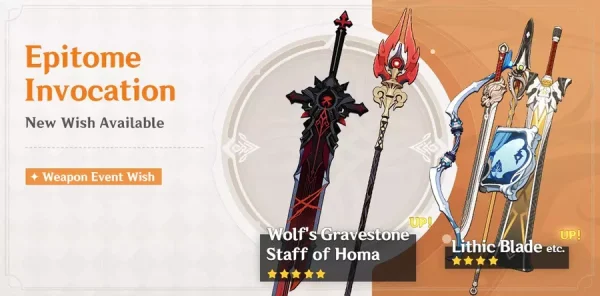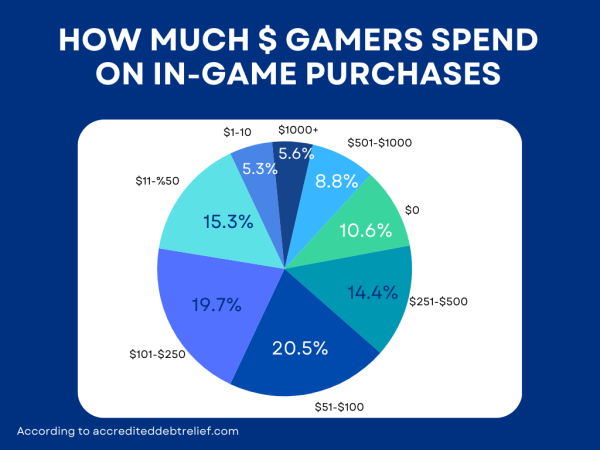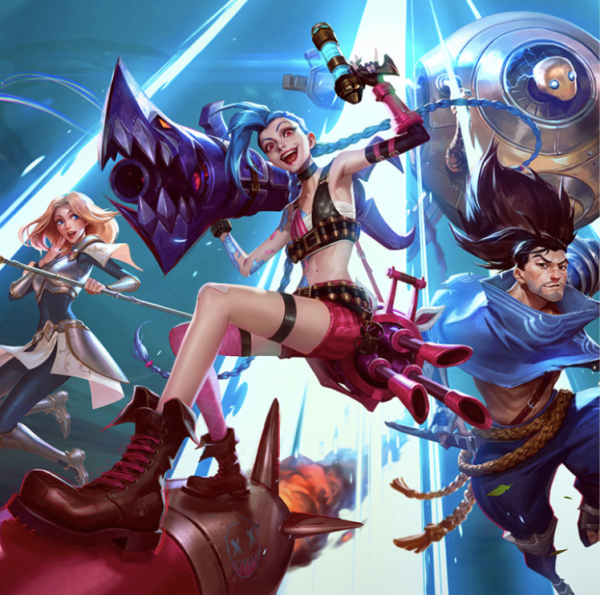
Junior Jessica Zhou clearly recalls seeing her close friend spend nearly $200 on the Zhongli and Staff of Homa banners of the gacha game “Genshin Impact,” using the money to obtain both the in-game character and weapon. “Genshin Impact” is a game where players can explore a vast open-world landscape, embark on quests or spend money to earn a currency called “primogems,” which they can use to earn rare characters and weapons. Although Zhou’s friend was able to earn the items, all she could remember feeling once hearing about the spending was bafflement at the idea that people spent money on games rather than tangible items, such as food or clothes.
As the amount of time teenagers spend on a screen increases — with the 2024 screen time average for teenagers being 7 hours and 22 minutes a day, up 2 hours from 2015 — those who spend increasing amounts of time playing video games are more likely to spend money on them. In 2022, gamers in the United States spent a total of $56.6 billion on in-game purchases. Freshman Rohan Murthy has spent approximately $175 on a variety of games, most notably “Valorant,” which he has been playing for around four years. To Murthy, spending money on games is a natural consequence of playing them so often. Since the games are something he spends a lot of his free time on, spending money is an easy way to maximize the fun he has while playing.

Junior Sophia Yan feels similarly about her expenditures. Yan has spent a total of approximately $1000 on a variety of games, mainly on “Sky: Children of the Light,” “Identity V” and “League of Legends.” Yan finds that in-game purchases often increase her self-esteem while playing the game.
“Spending my money makes my playing experience better because compared to other players, I feel like I have more of an advantage,” Yan said. “When in the settings, I look like I’m doing better, because my profile shows my purchases, and therefore my dedication to the game.”
Yan often buys items once they are on sale or in a discount pack, and buys skins and in-game objects that she feels are vibrant and worth her money. While most of what Yan buys are cosmetics, items that don’t serve a practical purpose in-game but make graphics look more attractive, she will sometimes buy items that do provide strategic benefits such as greater damage or stamina, using them both for herself and to help others.
“Once you reach a certain level in the game, you’re able to share your equipment with the other players,” Yan said. “And so I think that I can actually be spreading my advantage instead of just using it only for my personal enjoyment.”
Murthy has only ever spent money on cosmetics in games that are not heavily “pay-to-win,” meaning that a person can earn large advantages purely by spending money. He believes that although the benefits gained from spending money in pay-to-win games mean not everyone gets an equal playing ground, the advantages don’t matter as they are only in-game. As long as the games are not competitions with prize money given to the winner, anyone can choose to spend money and gain advantages with no real-world consequences to other players.
“I don’t think most games are pay-to-win. But to the ones that are, I think that if a game is pay-to-win, it’s very pay-to-win,” Murthy said. “If you just shell out a bunch of cash you can become the ‘best’ in that game. And yeah, it’s not fair. But in the end, it’s the person spending their cash on that, and it’s their decision.”

Though Yan has often spent money on games in the past, she has recently started to cut back her spending, realizing that for her, spending money on video games is not the best way for her to gain personal enjoyment. She explains that once she stops playing a game, the money spent on it goes to waste, which, by contrast, is not the same with more tangible hobbies. Zhou agrees, finding that spending money on intangible things becomes a waste in the long-term.
“Don’t spend money on video games,” Zhou said. “It’s just sad because you don’t want to waste your money on pixels. They don’t even exist in real life, since it’s not anything tangible. Like if you crochet as a hobby, you can crochet a usable hat but you can’t make anything physical through a video game.”
While Murthy’s spending has allowed him to enjoy playing games more, he still agrees with Zhou and Yan and believes that in the long term, there are better things to spend money on.
“It’s not worth it,” Murthy said. “If I could, I would probably refund everything. Yeah, it gives you satisfaction in the moment and for the months or even years after, but I think that after a certain amount of time, you start to feel like it’s not worth it.”











